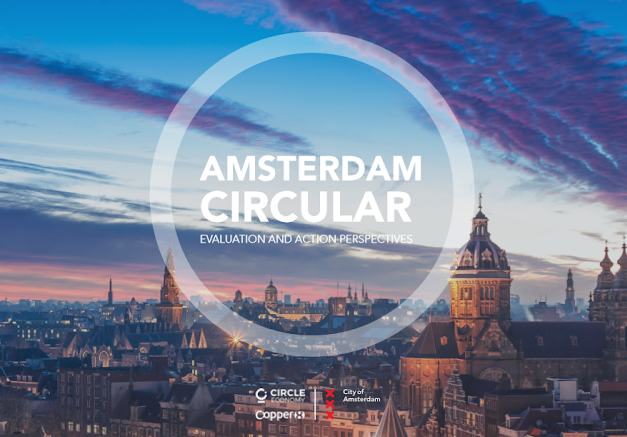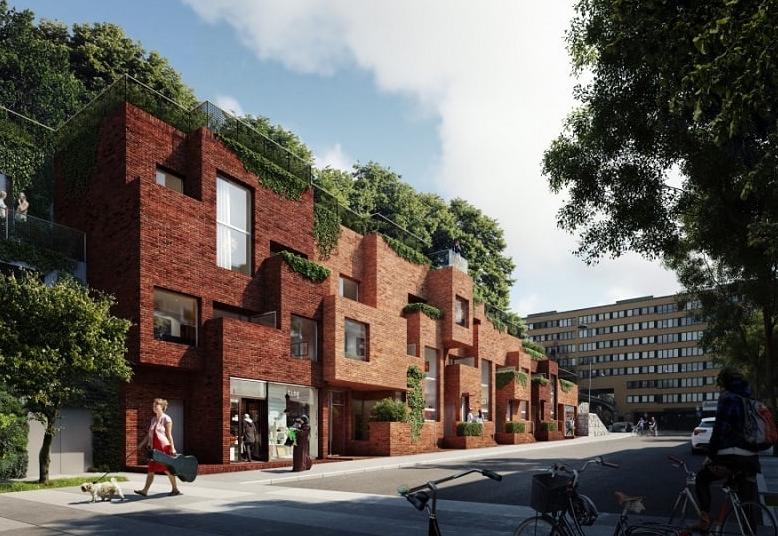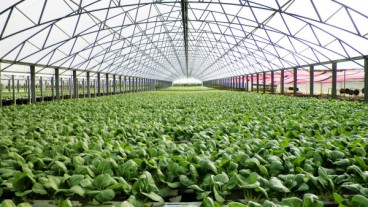Pioneering Sustainable Buildings: How Amsterdam, Stockholm, and Nantes Lead the Way"



Source: euractiv.com
Want to read more like this story?
The prospects for carbon-neutral buildings
Oct, 27, 2023 | NewsIn the United Kingdom, buildings account for 33% of greenhouse gas emissions and 40% of global ener...

European cities lead the way to sustainable transport
May, 09, 2017 | NewsOslo, London and Amsterdam are closer to achieving completely green transport Oslo, London and Am...
Sustainable building materials and products: the latest trends
Jun, 30, 2023 | NewsArchitects and designers face numerous challenges when creating sustainable buildings or structures...

Europe’s Largest Timber Development Breaks Ground in Stockholm
Aug, 04, 2025 | NewsAs part of an initiative to align urban development with environmental priorities, Sweden has initi...

EU Parliament is updating the EU's rules to further improve the energy efficiency of buildings
Apr, 12, 2018 | NewsFrom January 1st, 2021, all new buildings in the EU should use little or no energy for heating, cool...

3D-printed buildings using soil material
Sep, 24, 2020 | NewsResearchers have developed a new technique to construct a building using a 3-D printer and soil mate...

New York City major to ban glass skyscrapers with high greenhouse emissions
Apr, 25, 2019 | NewsBill de Blasio, New York City major, has decided to ban the erection of energy inefficient glass sky...

Carbon Reduction in Focus: Lessons from the Edge London Bridge Project
Jan, 20, 2025 | NewsA bold new addition to London’s skyline is taking shape near London Bridge. This 27-storey sustaina...
Croatia requires a workforce of 30,000 people to meet its 2030 energy efficiency targets in the building sector
Oct, 02, 2023 | NewsAccording to the Croatia Green Building Council, Croatia will require approximately 30,000 employee...
Trending

Vertical gardens in Mexico City to combat pollution

Characteristics of Load Bearing Masonry Construction

Taipei 101’s impressive tuned mass damper

Dutch greenhouses have revolutionized modern farming

The Line at Neom faces feasibility reassessment while construction continues

The Line at Neom faces feasibility reassessment while construction continues

King Salman Gate unveiled adjacent to Mecca’s Grand Mosque

